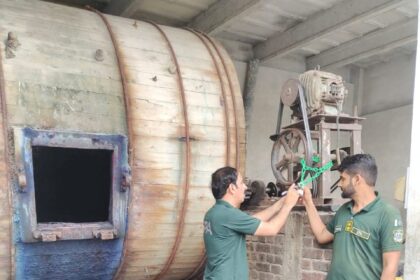The Yiwu Madrid freight train has completed a long-distance round trip spanning more than 16,000 miles, moving Chinese exports westward and returning to China laden with Spanish wine, olive oil and cured ham. The service traversed Kazakhstan, Russia, Belarus, Poland, Germany and France before reaching Madrid and has once again highlighted the growing role of the Yiwu Madrid corridor in China-Europe freight.
The route is promoted as one of the longest overland cargo paths in the world and is presented as a faster, greener alternative to traditional sea freight. Businesses are increasingly citing the Yiwu Madrid link for its reliability, shorter transit times and lower environmental footprint compared with some maritime options, making the corridor attractive to exporters and importers on both sides.
Over the past decade the Yiwu Madrid connection has completed numerous round trips and moved hundreds of thousands of containers, generating several billions of dollars in trade value. The service has supported expanded Chinese exports of machinery, electronic appliances and auto parts while facilitating the entry of European food, wine and agricultural goods directly into Chinese consumer markets.
Operational challenges persist, notably the demand for better cold-chain logistics to protect sensitive cargo such as wine and certain oils during extended overland journeys, alongside costs and delays tied to varying rail gauges and cross-border procedures. Supporters say these obstacles are being addressed through measures like temperature-controlled containers and improved coordination among international rail operators and customs authorities.
Beyond freight volumes, the Yiwu Madrid train is viewed as a bridge for cultural and economic exchange and a model for how land-based freight can complement sea and air transport in global supply chains. Its success is expected to encourage further frequency increases, route expansion and a broader mix of goods moved by rail between China and Europe.
For Pakistani exporters, importers and logistics firms the Yiwu Madrid example offers lessons in developing resilient, greener overland options and the importance of cold-chain capacity and cross-border coordination. Observing how this corridor evolves may inform regional strategies to strengthen supply chains and expand market access for high-value goods.











